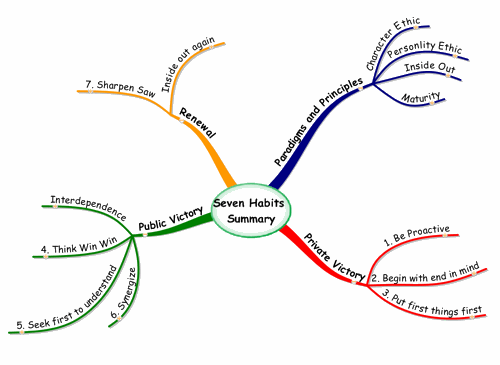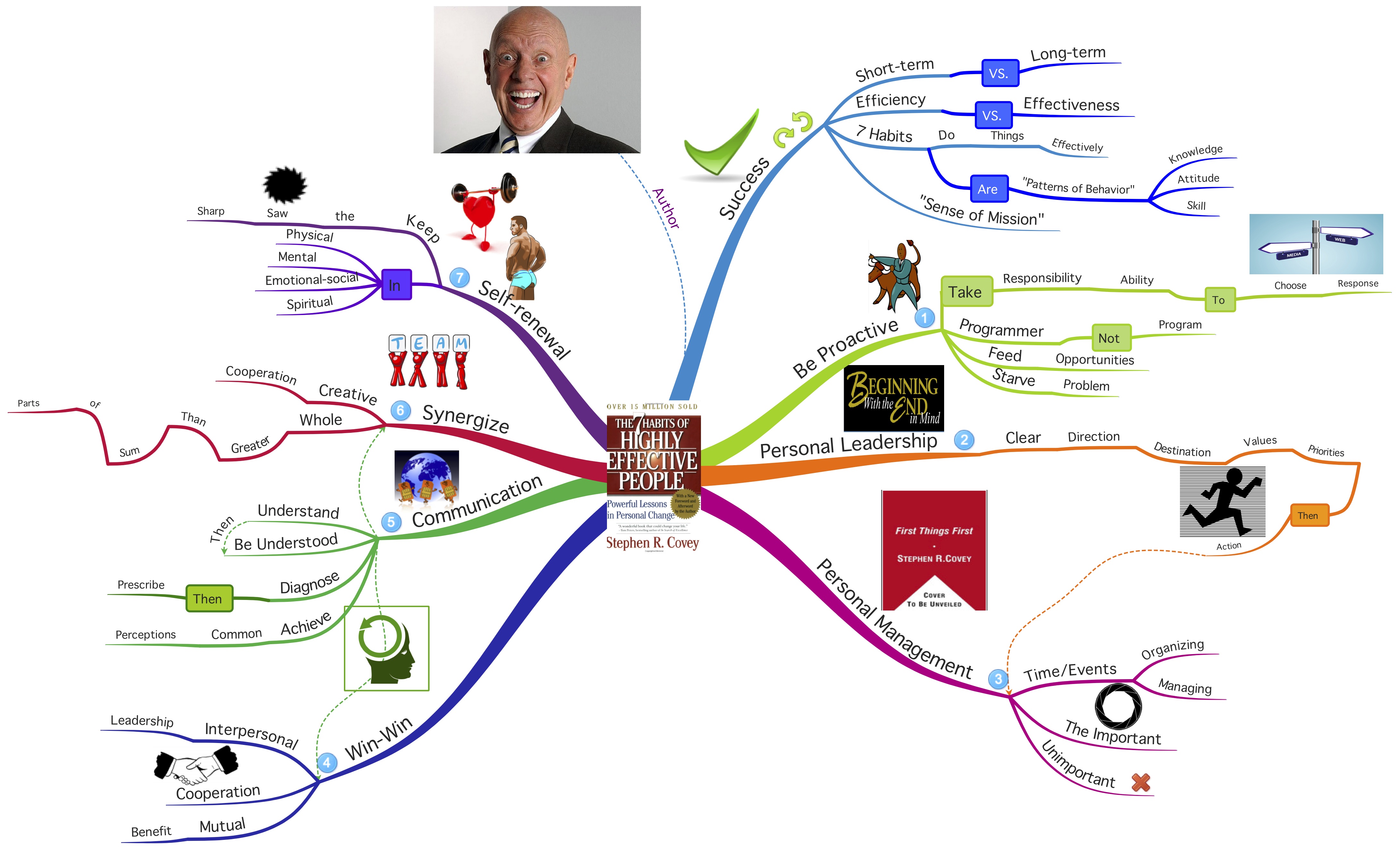

Like a gravitational force, our habits can pull us in certain ways and dictate the direction our lives take. They define what we eat, where we go, who we hang out with and how we work. What’s in it for me?Īt a fundamental level, we are all defined by our habits.
7 habits of mind how to#
This phenomenal guide teaches you the principles of effectiveness and shows you how to embrace them in your personal and professional life.

In this post, we’ll show you how to do just that by following Stephen Covey’s (1932-2012) influential book, The 7 Habits of Highly Effective People.Ĭovey’s book has sold over 20 million copies since it first went to print in 1989 and has millions of enthusiastic devotees around the world. We’ll give you the lowdown on this bestselling guide and show you how to adopt the principles of effectiveness.ĭo you want to be more successful in life? Are looking for a way to stand out from the herd? If you’re looking for ways to improve yourself, the secret lies in adopting powerful, effective habits. Source : The 7 Habits Of Highly Effective People (1989), by Stephen R.How to adopt the 7 habits of highly effective people Written by Leslie Hemmerechts on 27 July 2021 for Professionals Next week habit 3: Put first things first You can find further application suggestions in Stephen Covey’s original book: The 7 habits of highly effective people: powerful lessons in personal change. If you need a head start you can build your own Mission Statement with Franklin Covey’s Mission Statement Builder at: If you feel like writing your own Personal Mission Statement, remember: you choose the content and the form. By writing a personal mission statement, essentially a personal constitution, we as proactive people begin to give expression to what we want to be and to do in our lives. He adds that until we accept the idea that we are responsible, that we are the programmer, we won’t really invest in writing the program. Covey explains this by using a computer metaphor where he says that we are the programmer (Habit 1: be proactive) and that it is we who write the program (Habit 2: begin with the end in mind). In a word, each man is questioned by life and he can only answer to life by answering for his own life to life he can only respond by being responsible”.

Frankl says: “Everyone has his own specific vocation or mission in life…ultimately man should not ask what the meaning of his life is, but rather must recognize that it is he who is asked. Writing and using a Personal Mission Statement:Ĭovey quotes Viktor Frankl here, the author of “Man’s search for meaning”. Benjamin Franklin’s mission statement does not resemble Martin Luther King’s either in content or in form). Your personal mission statement will reflect your own uniqueness, both in content and form (e.g. This tool focuses on what you want to be (character) and to do (contributions and achievements) and on the values or principles upon which being and doing are based. How to use “the end” to become highly effective: Even though we may be very busy, and very efficient, we’ll only be truly effective when we consider the end.

Covey says that people from all walks of life often find themselves struggling to achieve “a higher income, more recognition or a certain degree of professional competence, only to find that their drive to achieve their goal has blinded them to the things that really mattered most and are now gone”. We thus obtain a frame of reference by which we can stay connected to what really matters to us. With this “end” in mind we are able to better understand where we are now, and what steps are taking us in the right direction, and which ones are not. Steven Covey begins this chapter by inviting us to visualise attending our own funeral and carefully considering what we would like to be said of us by our family, friends, colleagues and community. Following last week’s habit 1: be proactive, we move on to the second habit of highly effective people: beginning with the end in mind.


 0 kommentar(er)
0 kommentar(er)
